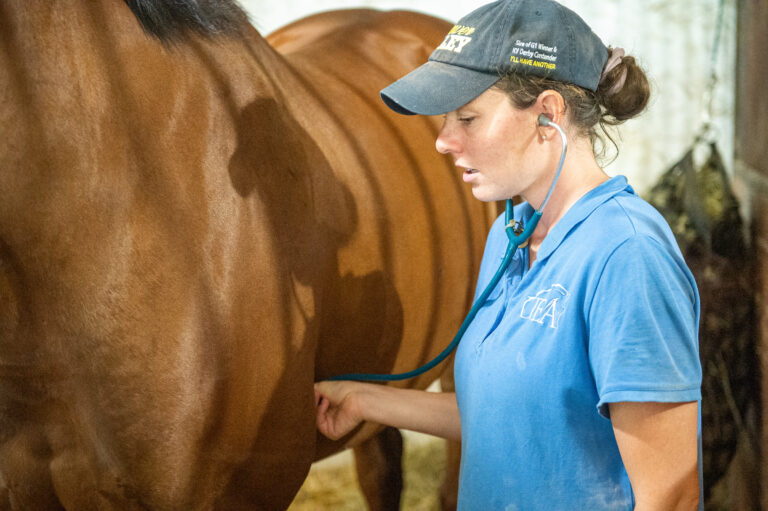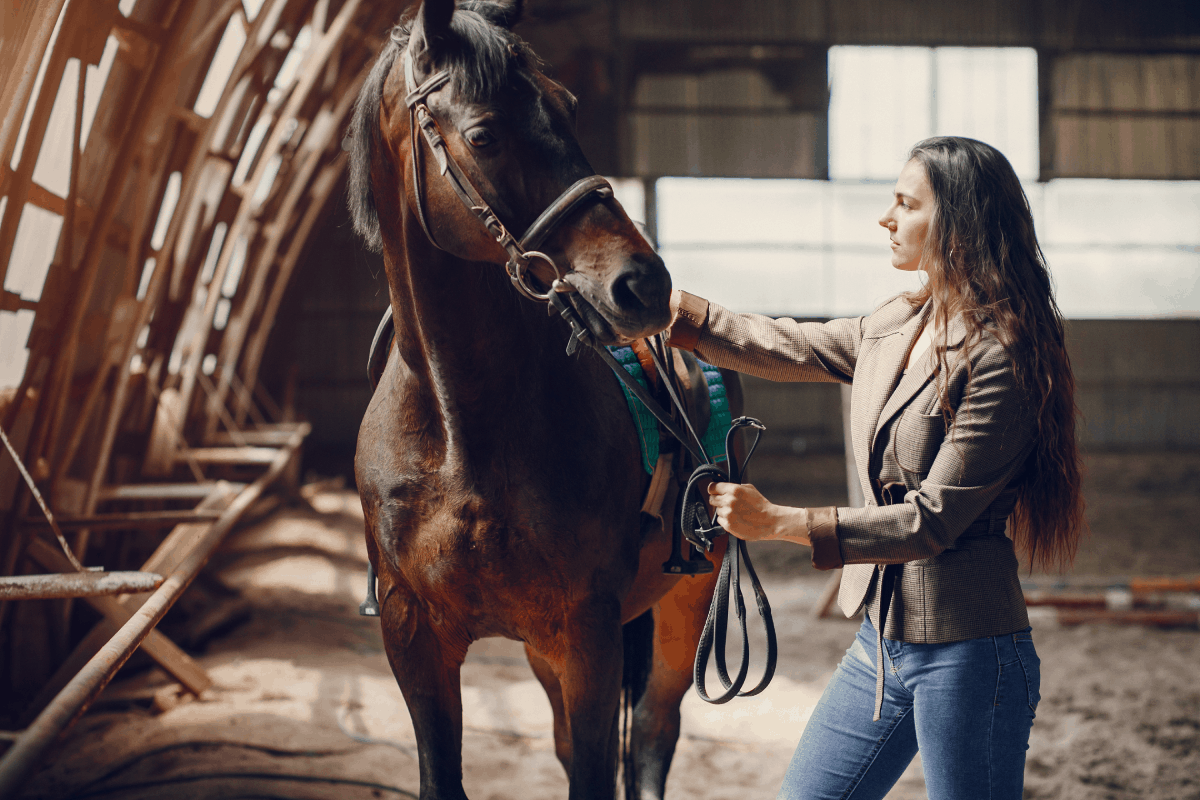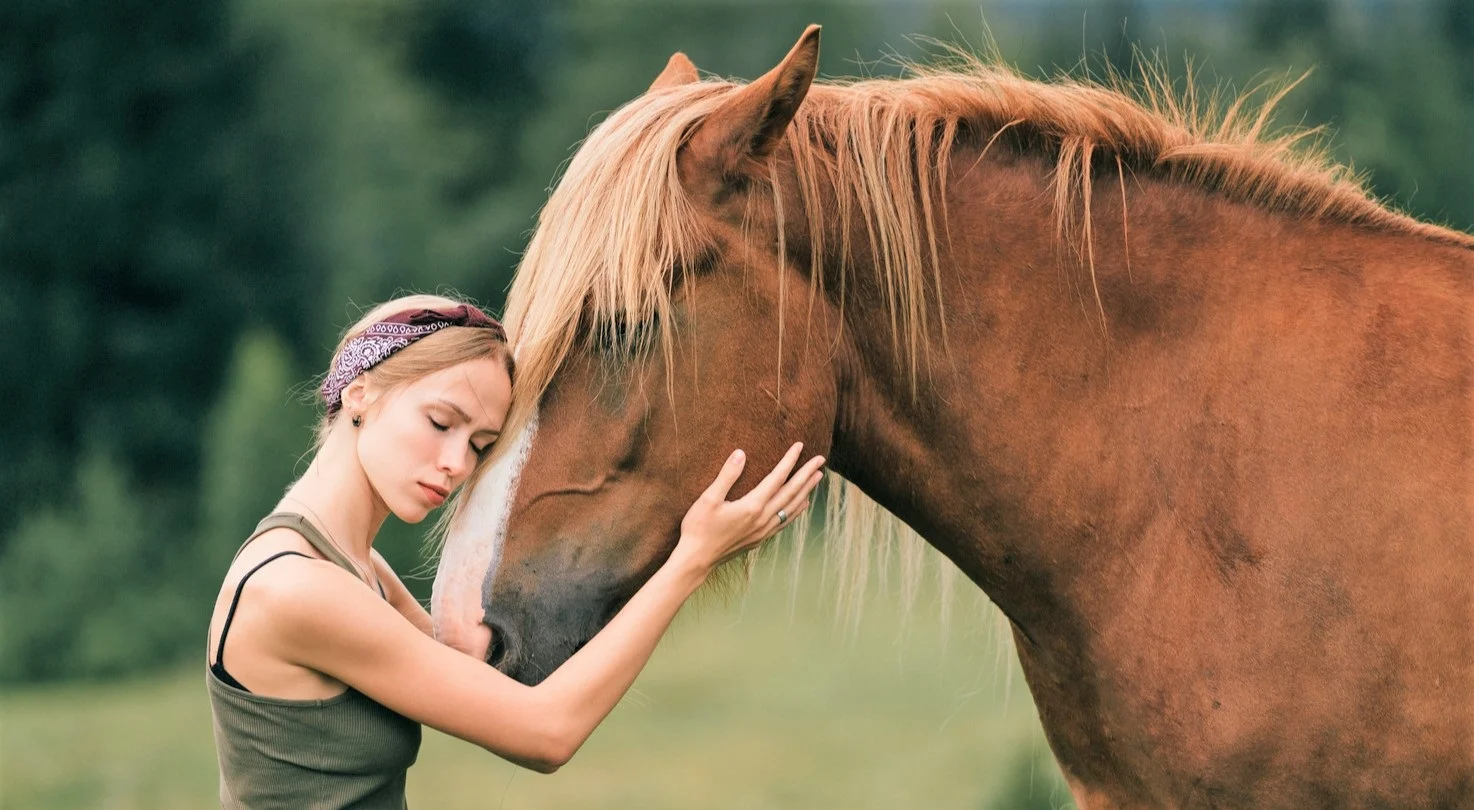As horses age, their dietary needs evolve significantly. Understanding senior horse hay requirements is crucial for ensuring the health and well-being of your aging equine friend. In this article, we will explore the essential aspects of hay requirements for senior horses, providing insights and guidance to help you make informed decisions.

Understanding the Nutritional Needs of Senior Horses
Senior horses often face challenges such as dental issues and decreased digestive efficiency. These factors affect their ability to chew and digest food properly. Consequently, selecting the right type of hay becomes paramount.
Why Hay Quality Matters
The quality of hay is vital for senior horses. Poor-quality hay can lead to nutritional deficiencies, weight loss, and digestive problems. It’s important to choose hay that is fresh, clean, and free from mold or dust.
Types of Hay Suitable for Senior Horses
- Timothy Hay: Known for its balanced nutrition, Timothy hay is a popular choice for senior horses. It provides a good mix of fiber and protein.
- Orchard Grass Hay: This type of hay is softer and easier to chew, making it ideal for horses with dental issues.
- Alfalfa Hay: While rich in protein and calcium, alfalfa should be fed in moderation to avoid excessive weight gain.
Determining the Right Amount of Hay
The amount of hay a senior horse requires depends on various factors, including its weight, activity level, and overall health. A general guideline is to feed 1.5-2% of the horse’s body weight in hay daily.
Signs of Nutritional Deficiencies
It’s essential to monitor your senior horse for signs of nutritional deficiencies. Common indicators include weight loss, dull coat, and lethargy. If you notice any of these signs, consult a veterinarian for advice.
The Role of Supplements
In some cases, supplements may be necessary to meet the nutritional needs of senior horses. Consider adding a vitamin and mineral supplement to their diet to ensure balanced nutrition. For more information on supplements, you can visit aging horse supplements.
Common Challenges in Feeding Senior Horses
Feeding senior horses can be challenging due to their unique needs. Dental problems, reduced appetite, and digestive issues are common concerns. Addressing these challenges requires careful attention to their diet and regular veterinary check-ups.
Addressing Dental Issues
Dental problems are prevalent in senior horses, affecting their ability to chew hay effectively. Regular dental check-ups and appropriate dental care are essential to ensure they can eat comfortably. Learn more about dental care at horse tooth problems.
Alternative Forage Options
In some cases, hay alone may not meet the nutritional needs of senior horses. Consider alternative forage options, such as hay pellets or cubes, which are easier to chew and digest. These alternatives can be particularly beneficial for horses with severe dental issues.
Monitoring Body Condition
Regularly assessing your senior horse’s body condition is crucial. This involves checking for weight changes, muscle tone, and overall health. Maintaining an appropriate body condition score is vital for their well-being.
Creating a Balanced Diet
A balanced diet is the cornerstone of senior horse care. Alongside hay, consider incorporating grains, supplements, and other feeds to meet their nutritional needs. For a comprehensive guide, visit senior horse diet guide.
Consulting with a Veterinarian
Regular consultations with a veterinarian are essential for managing your senior horse’s diet and health. They can provide personalized recommendations based on your horse’s specific needs and health condition. For more details, check out BHS horse care.

FAQs
What type of hay is best for senior horses?
Timothy and Orchard Grass hay are generally recommended due to their nutritional balance and ease of chewing.
How much hay should a senior horse eat daily?
Typically, a senior horse should consume 1.5-2% of its body weight in hay each day.
Can supplements replace hay for senior horses?
While supplements can complement a senior horse’s diet, they should not replace hay as the primary forage source.
This article contains affiliate links. We may earn a commission at no extra cost to you.
